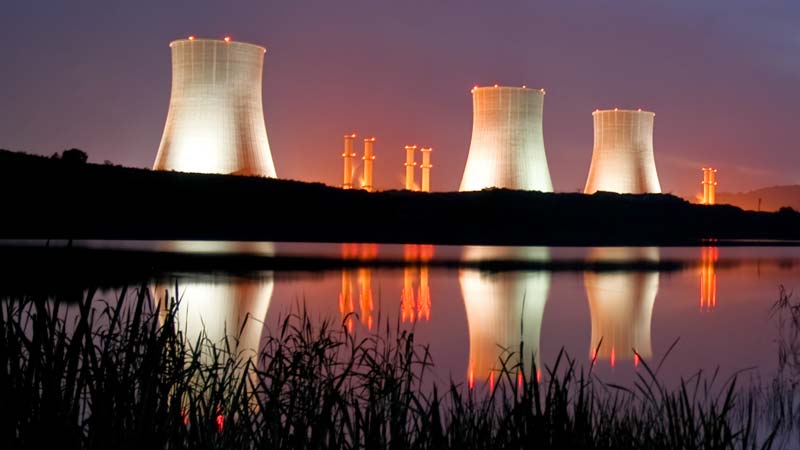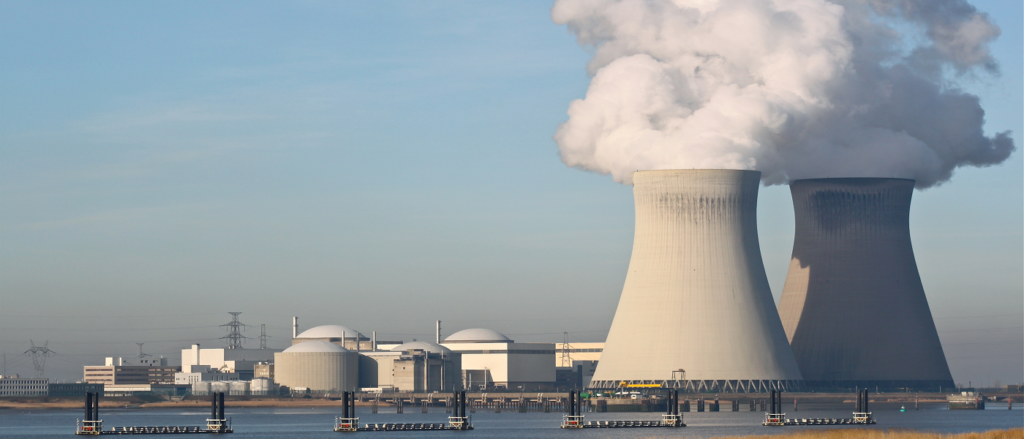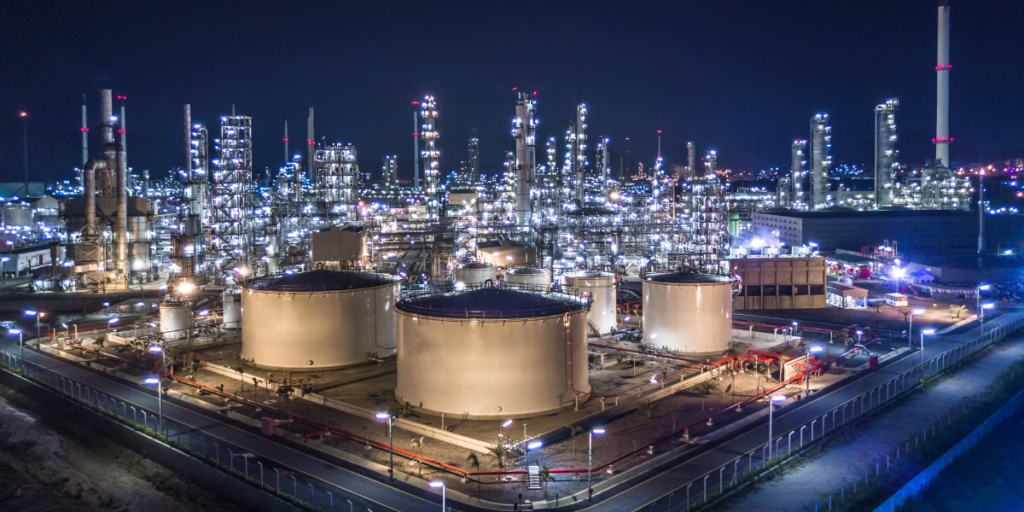POWER PLANT ENGINEERING

NUCLEAR ENGINEERING

Nuclear Power Generation
Nuclear Reactors:
Nuclear engineers design and operate fission reactors that release energy through the splitting of atomic nuclei. These reactors are used in power plants to generate electricity, providing a reliable and efficient source of energy.Fusion Research: The pursuit of controlled nuclear fusion, replicating the energy-producing reactions in the sun, holds the promise of a nearly limitless and clean energy source. Nuclear engineers play a crucial role in advancing fusion research and developing experimental reactors.Radiation Protection and Shielding:Nuclear engineers develop materials and systems to shield humans and the environment from ionizing radiation. This includes designing protective barriers for nuclear facilities and ensuring the safety of workers and the public.
Medical Applications:
Nuclear engineering contributes to the field of medicine by developing technologies such as nuclear imaging, radiation therapy, and the production of radioisotopes for medical diagnostics. These applications aid in disease diagnosis, treatment, and research.
Nuclear Fuel Cycle:
Managing the nuclear fuel cycle involves extracting, processing, and disposing of nuclear materials. Nuclear engineers work on improving the efficiency of fuel utilization, reducing waste, and developing sustainable practices for nuclear energy.
Nuclear Research and Development:
Nuclear engineering plays a pivotal role in advancing scientific knowledge through research in areas such as nuclear physics, reactor technology, and materials science. These advancements contribute to the overall understanding and safety of nuclear technologies.
Nuclear Security:
Ensuring the secure and peaceful use of nuclear technology is a critical aspect of nuclear engineering. Professionals in this field work on developing safeguards, non-proliferation measures, and security protocols to prevent the misuse of nuclear materials.

Nuclear Plant
As a trailblazer in the energy sector, we take pride in our state-of-the-art power facility that transforms raw resources into the lifeblood of modern society. Explore the core features and commitments that make our power plant a symbol of innovation, reliability, and sustainability.

Thermal Power Plant
Thermal Power Plant. As a beacon of progress in the energy sector, we are proud to showcase our cutting-edge facility that transforms heat into power, driving the engines of modern life. Delve into the core features and commitments that make our thermal power plant an epitome of innovation, efficiency, and sustainability.
